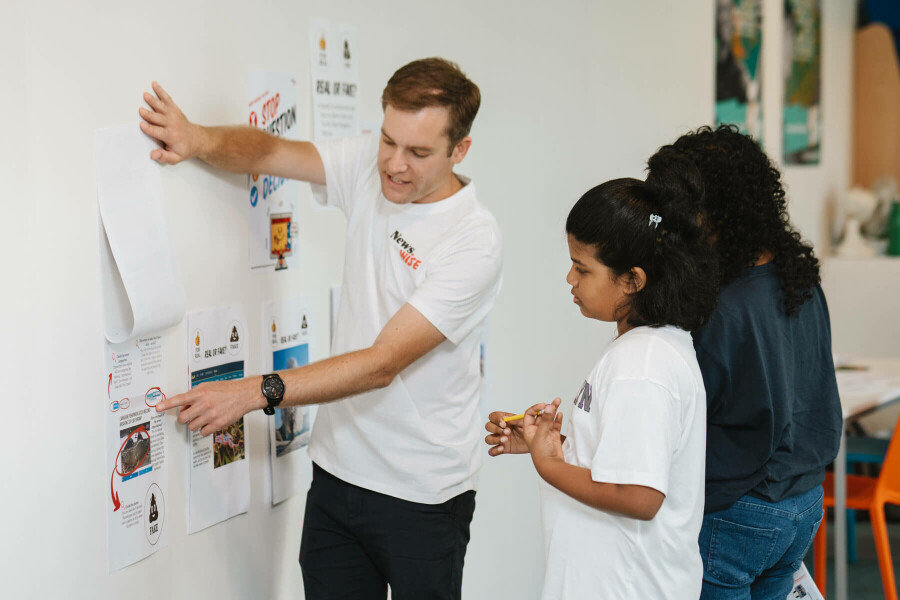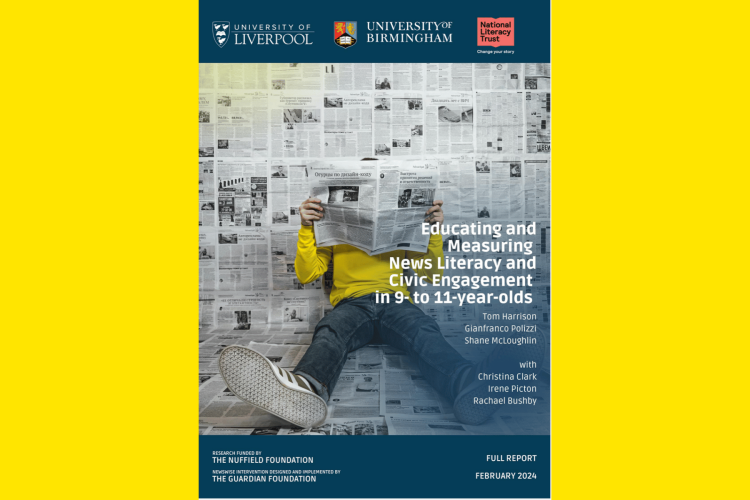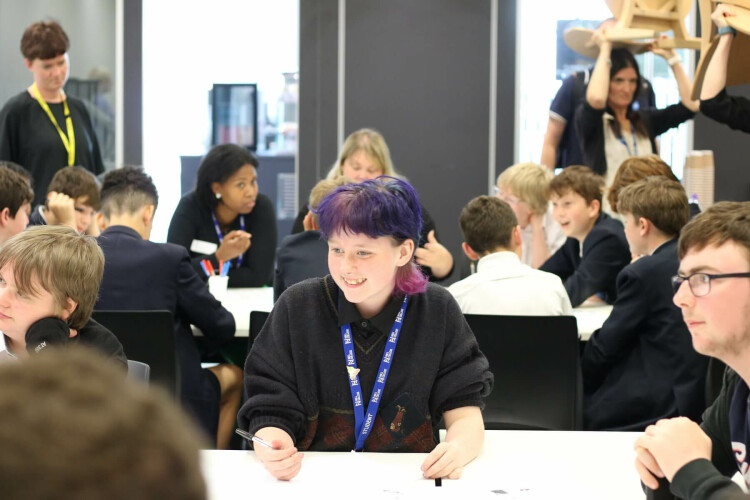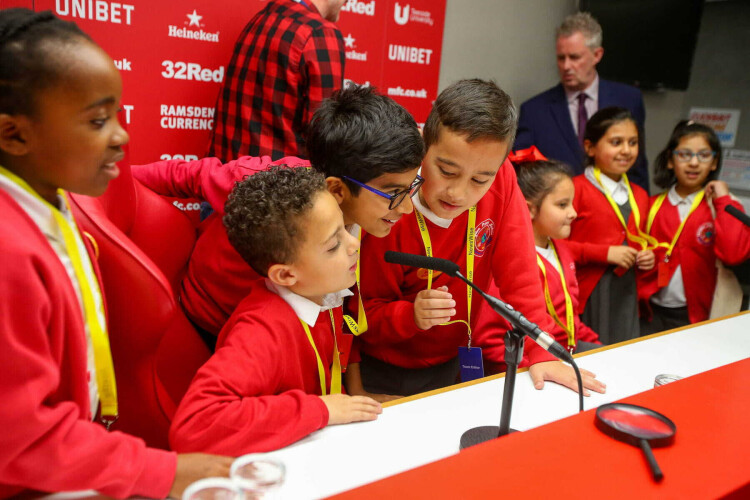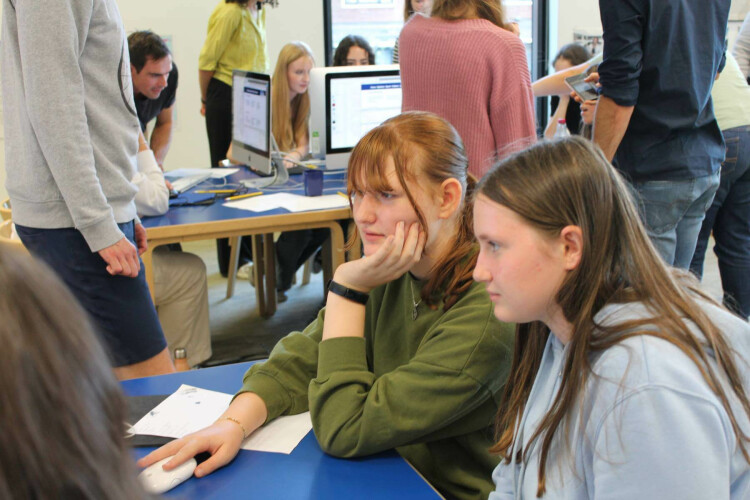The key findings
What did researchers find?
For the first time, this research revealed a strong positive relationship between news literacy and civic engagement among children aged 9-11 in the UK. This means that news literacy levels can be used to predict civic engagement and vice versa.
This covers all dimensions of news literacy and civic engagement, including their awareness of socio-political issues, their motivation to follow the news, their ability to evaluate news and their involvement in their commmunity.
Researchers found that the participating schools selected to implement the NewsWise programme in classrooms demonstrated a clear improvement in the ability of their 9-11-year-old pupils to detect fake news, and that this improvement sustained over time.
Baseline data from the control and experimental participants was used to analyse the attitudes of 9- to 11-year-olds towards the news. Researchers found that, while the majority of 9-11 year olds believe the news should be truthful and balanced, less than half (47%) know how to spot fake news.
What does this mean for our work, and news literacy education more broadly?
The NewsWise programme was designed to equip primary school children aged 7-11 in the UK with the news literacy skills they need to thrive in the digital age. The findings from this research have shown it to be an effective tool that has implications beyond the education system. The relationship between news literacy and civic engagement is something we have seen in our work with children and teachers across a number of years; meaning that news literacy can contribute to society in general, for example by increasing the likelihood that young people will volunteer, vote and become more involved in their communities.
In addition, baseline control data shows that, without intervention, children's ability to spot fake news is low. This further supports our commitment to enhancing people's ability evaluate news critically.
As a result of this report, we're asking people to support our work so we can continue to deliver interactive news literacy learning to young people not just in primary schools, but across all age groups.
More broadly, policymakers and educators should consider news literacy and civic engagement from an early age, what children are learning in this space and how this can be enhanced through effective teaching methods and how it is measured.
In an era of technological advancement and generative AI, we believe news literacy education is more important than ever.
